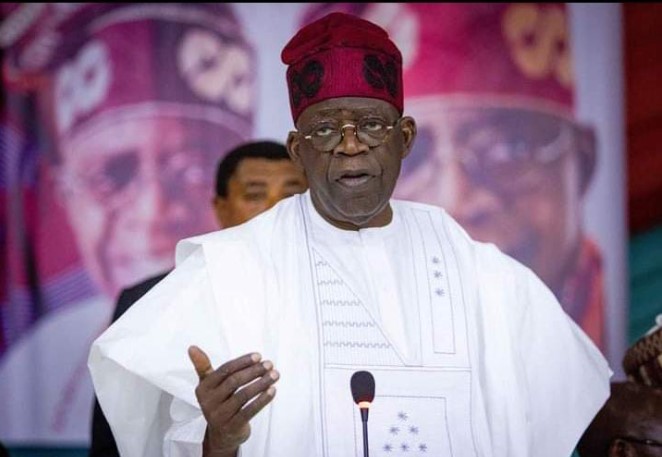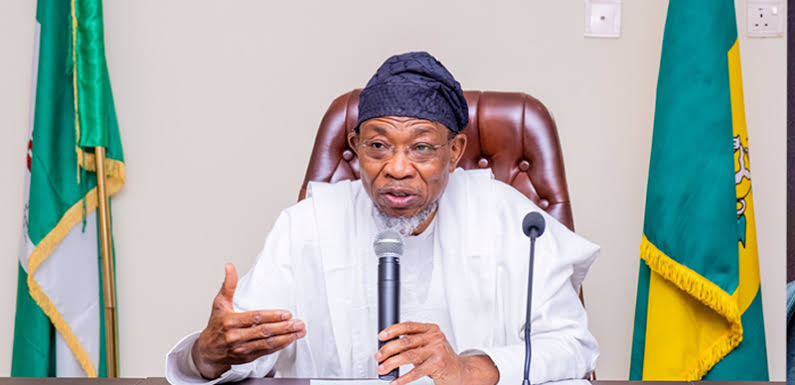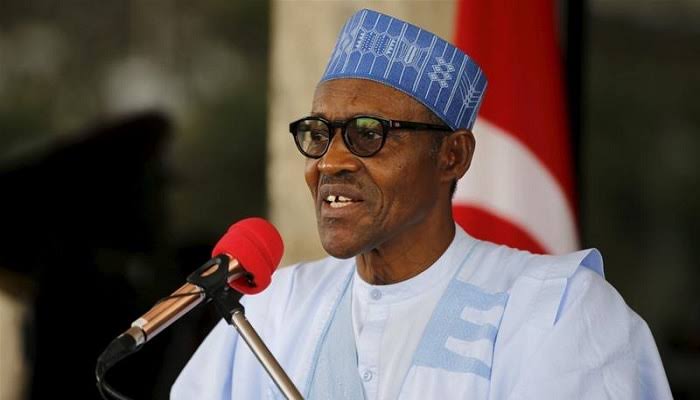Lifestyle
June 12: Five Key Things To Know About Nigeria’s Most Historic Election

June 12 is a date deeply etched in Nigeria’s democratic memory. It signifies a pivotal moment when the people’s will was most clearly expressed yet most brutally suppressed. The 1993 presidential election, held on this date, is widely believed to be the freest and fairest in Nigeria’s history.
However, the annulment of the results by the military regime threw the country into political turmoil and prolonged years of democratic stagnation. For many Nigerians, June 12 symbolises the struggle for the sanctity of the ballot and the resilience of the people in the face of authoritarian suppression.
It is a reminder of a stolen mandate, the denied presidency of Chief Moshood Kashimawo Olawale (M.K.O.) Abiola, and the lives lost in the pursuit of civil liberty. The day serves both as a mourning ground for what could have been and as a call to uphold the principles of democracy.
In recognition of its symbolic weight, the Nigerian government, under President Muhammadu Buhari in 2018, declared June 12 as the country’s official Democracy Day, replacing the previously celebrated May 29. This move not only honoured the late Abiola but also attempted to redress the historic injustice done to the Nigerian electorate. It marked a renewed national conversation about justice, legitimacy, and the responsibilities of leadership in a democratic setting.
Hence, DTRUTH INSIGHTS presents five key moments in Nigeria’s Democratic Journey on June 12.
1. The 1993 Presidential Election: A Beacon of Hope
The June 12, 1993 presidential election is often referred to as Nigeria’s golden moment in electoral history. Organised by the military regime of General Ibrahim Babangida, the poll saw Chief M.K.O. Abiola of the Social Democratic Party (SDP) go head-to-head with Bashir Tofa of the National Republican Convention (NRC).
Nigerians, across ethnic and religious lines, queued in large numbers to vote, demonstrating an overwhelming desire for change and unity. The election, conducted under the Option A4 open ballot system, was hailed both locally and internationally for its transparency and orderliness.
The atmosphere was one of hope, as Nigerians believed they were on the brink of witnessing the return of civilian governance after years of military rule. Despite the limited access to advanced technology, the credibility of the process was widely acknowledged, with early results favouring Abiola.
However, just as it became clear that Abiola was coasting to victory, the Babangida-led military government abruptly annulled the election results. The move stunned the nation and ignited widespread protests. The annulment was condemned globally and internally, sparking years of political repression and civil unrest. June 12 thus became a watershed in Nigeria’s long, turbulent march toward democracy.
2. The Annulment and National Outrage
When General Babangida announced the annulment of the election results, citing “security threats,” the reaction was swift and ferocious. Civil society groups, pro-democracy activists, and students poured into the streets demanding the restoration of Abiola’s mandate.
The streets of Lagos, Ibadan, and other major cities witnessed massive demonstrations, often violently suppressed by military forces. The annulment exposed the deep reluctance of Nigeria’s military elite to relinquish power. What followed was a political crisis of national proportion. Babangida’s government faced domestic and international condemnation, and under pressure, he “stepped aside” in August 1993, handing over to an interim national government led by Ernest Shonekan.
Shonekan’s administration was short-lived as General Sani Abacha seized power in a palace coup by November 1993. The country was thrown into another phase of military dictatorship, characterised by brutal repression. The June 12 struggle had turned from an electoral question to a national resistance movement.
3. The Imprisonment and Death of M.K.O. Abiola
Chief M.K.O. Abiola’s declaration of himself as the rightful president in 1994 led to his arrest by the Abacha regime. He was detained without trial and kept in solitary confinement.
Throughout his incarceration, calls for his release continued to grow louder both within Nigeria and across the international community.
Abiola remained a symbol of democratic struggle even behind bars.
The Nigerian media, despite censorship, kept the June 12 narrative alive. His continued imprisonment became a rallying point for activists, human rights organisations, and foreign governments advocating for Nigeria’s return to democratic rule.
Tragically, Abiola died in detention on July 7, 1998, under suspicious circumstances—just weeks after Abacha himself died. His death was a national tragedy that further entrenched June 12 in Nigeria’s political conscience. While he never became president, Abiola is regarded by many as the symbol of the democratic will of the Nigerian people.
4. Recognition of June 12 as Democracy Day
For decades, calls persisted for the federal government to officially recognise June 12 as Democracy Day in honour of the sacrifices made by Nigerians during the 1993 political crisis. This call was finally heeded in 2018 when President Muhammadu Buhari announced that June 12 would henceforth be celebrated as Nigeria’s Democracy Day.
The announcement was seen as a posthumous victory for M.K.O. Abiola and a long-overdue acknowledgement of the historic injustice. Buhari also awarded Abiola the Grand Commander of the Federal Republic (GCFR), the nation’s highest honour usually reserved for presidents.
The move was widely welcomed, although some critics argued that symbolic recognition could not replace true electoral reforms.
Nonetheless, the official adoption of June 12 as Democracy Day has given younger Nigerians a renewed opportunity to learn about their political history. It has shifted national reflection away from May 29, a date with military connotations, to one grounded in the people’s democratic expression.
5. June 12 Today: A Symbol of Endurance and Vigilance
Today, June 12 stands as more than a date on Nigeria’s political calendar. It has become a national metaphor for resilience, the demand for justice, and the need to continually protect democratic gains. It serves as a yearly reminder that democracy in Nigeria was hard-won and must be guarded jealously.
In recent years, June 12 has been marked not just with official speeches and public holidays but with protests and rallies highlighting current political grievances.
From demands for electoral transparency to agitations against police brutality and economic hardship, June 12 remains a platform for civic engagement.
As Nigeria continues to navigate its democratic path, the lessons of June 12 remain ever relevant. It reminds leaders that the people’s will is supreme and that history will judge harshly those who trample on the mandate of the electorate. More than a memory, June 12 is a living call to democratic accountability.
-

 Breaking News3 years ago
Breaking News3 years agoBREAKING: CBN Redesigns Naira Notes
-

 Breaking News2 years ago
Breaking News2 years agoBREAKING: Tinubu Considers Temporary Subsidy On Petrol
-

 Breaking News2 years ago
Breaking News2 years agoJUST IN: Gbajabiamila Dies In UK
-

 News3 years ago
News3 years agoDrama As Church Gives Certificate Of Virginity To Ladies After Testing Them (See Photos)
-

 Crime4 years ago
Crime4 years agoUproar As Student Teacher On Teaching Practice Impregnates 24 Girls, Headmistress, Four Female Teachers
-

 Breaking News10 months ago
Breaking News10 months agoJUST IN : Sacked Osun LG Chairman Killed Few Minutes After Returning To Office
-

 Breaking News2 years ago
Breaking News2 years agoBREAKING: Dangote Speaks As BUA Reduces Price Of Cement
-

 Crime3 years ago
Crime3 years agoJUST IN: Gunmen Storm Osogbo, Kill Man, Daughter Few Hours After His Wife Put To Bed (Photos)







